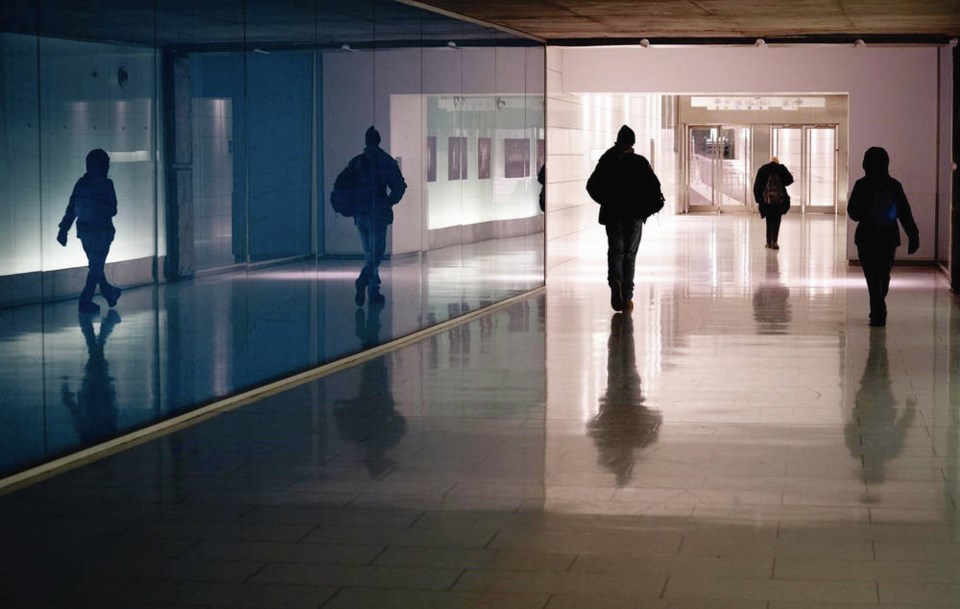As I reflect on this past year and challenges my family has faced, I feel a sense of accomplishment. We’ve gone through some hard times and challenges, some directly related to the pandemic and others indirectly.
This pandemic is measured in waves, and through this experience, I feel my own stress and anxiety levels ebbing and flowing in waves, too. There are moments that have been great, when I can confidently walk through this world with the attitude “This is what I do now” when I wear my mask, keep my distance and connect with people on Zoom.
Then there are times when I feel that being overly isolated from in-person connection seems a little too much to bear. I know that others have things far worse than me, and my life’s disruption has been minimal compared to the monumental impacts that others have faced.
Some days, weeks and months are more challenging than others, and I know that there have been many great moments that I’ve experienced during this chapter in our lives.
Even before the pandemic, I’ve always prided myself on being a busy person and that often comes with stress. I am very passionate about my career, providing opportunities for my daughter and volunteering in many capacities. I love being a part of the community. l love spending time with people and I strive to make a difference.
I feel the experience of the pandemic and isolation has given me a new type of stress that I am not used to living with. Each day, we hear of people who have passed away or who are ill. These stories are important because they reinforce the actions we are being asked to take. These stories are about people and families who are struggling, and they deserve to have these stories told. These stories are also very hard to hear and can affect all of us and our mental health.
One of the biggest shifts I have seen in our society since this pandemic hit is how it has become socially acceptable to speak openly about mental health. This year has not been easy for anyone and when we acknowledge that collectively, it makes it feel safer to have these conversations.
A year ago, I would have never written a column about this topic using myself as an example. I would have told myself to shake it off.
No one should ever feel ashamed or embarrassed to speak openly about mental health. For many years, there have been stigmas that have limited people.
Keeping these lines of communications open is important.
We all want to feel like we belong and are connected to others. When we can share with our friends and family how anxiety, isolation, and other pandemic-related experiences affect us, we are opening the door for others to speak openly about their experiences, and this can help build a sense of connection and camaraderie.
charla@makola.bc.ca
Charla Huber is the Director of Communications and Indigenous Relations for M’akola Housing Society.



